Overview
Innovation doesn’t come cheap. But without proof-of-concept to convince highly competitive granting agencies to fund a daring project, many bold ideas are never put into action. This is a particular challenge for younger scientists, who are still establishing their career. La Jolla Institute’s Tullie and Rickey Families SPARK Awards program is designed to overcome these hurdles.
The Tullie and Rickey Families SPARK Awards for Innovations in Immunology provides $25,000 in flexible start-up funding that enables LJI’s early career investigators to act on their promising projects for bold new approaches to diagnoses, treatments, and possibly even cures for diseases that afflict us today. It fills the gap between scientists’ imagination and that first solid set of data that allows them to attract additional funding to further their research and ultimately make life-saving discoveries.
Each year, LJI receives dozens of proposals from its graduate student and post-doctoral scientists. A panel that includes Institute scientists, leadership and the Tullie and Rickey families, reviews the proposals, selects the finalists, and has each of them present their projects in person. The finalists are then ranked in order to receive funding based on the total amount raised for the program that year from donor contributions. Each Tullie and Rickey Families SPARK Award provides $25,000 in funding that must be spent within a year.
In addition to funding high-risk, high-reward research, the Tullie and Rickey Families SPARK Awards program also provides training in how to communicate the importance of research to the public and attract private funding. Award winners ultimately gain the experience in running an independent research project, which can be an important career milestone.
By making a gift to support the Tullie and Rickey Families SPARK Awards program, you have the potential to help bring groundbreaking discoveries to light by providing critical seed-funding to get them started.
2025 SPARK Finalists
2024 SPARK Winners
2023 SPARK Winners
2022 SPARK Winners
2021 SPARK Winners
2020 SPARK Winners
2019 SPARK Winners
2018 SPARK Winners
About the Tullie and Rickey Families
We’d like to thank and recognize the incredible support and generosity of LJI Board Director Tom Tullie and his wife Judy, as well as LJI Board Director Dave Rickey and his wife, Brenda, and their families. Their joint commitments to the SPARK program made in 2019 meant LJI has the assurance that this program will have funding in place for several awards a year for the next decade. That year, LJI honored their commitment by renaming the SPARK program to The Tullie and Rickey Families SPARK Awards for Innovations in Immunology.
Tom Tullie was one of the first SPARK pitch reviewers in 2018, and that was what drove him to get his family engaged in the program. “I’ve been an entrepreneur and involved in innovation my entire career, but this is the most exciting program I’ve seen because the ideas these young scientists have are not only fascinating, they have the potential to generate breakthrough discoveries that will someday save lives,” says Tom. Since then, Tom and his wife Judy and their daughters Jaqueline, Anna and Samantha have all taken part in the pitch review process.
For the Rickeys, involvement in the SPARK program was spurred by an invitation from Tom and also by the couple’s belief in the Institute’s mission. “Brenda and I love the idea of ‘life without disease’ because so many of our friends and family have suffered or died from cancer, heart problems, dementia, and other ailments,” Dave says. The Rickeys were attracted to the SPARK program largely due to its structure and opportunity to drive research forward. “In the philanthropy world, we like to give money where there will be a return. This program is really tangible and it’s good to see.”
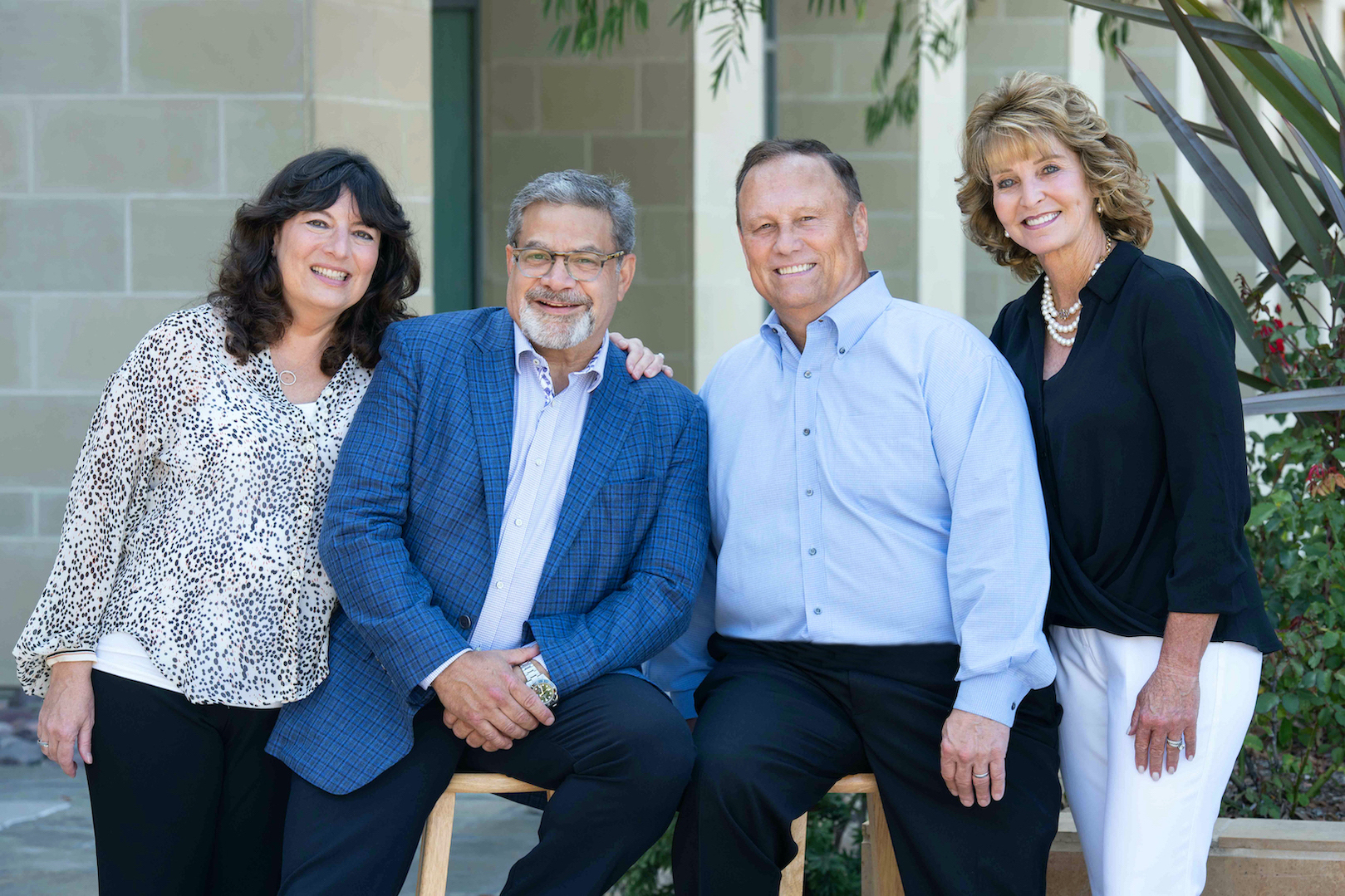
From left to right: Judy and Tom Tullie, Dave and Brenda Rickey
The Tullie and Rickey families hope that by ensuring the program’s longevity, other donors will be inspired to contribute to the program to fund additional awards and get as many of these ideas off the ground as possible. “I’d love to see people join us,” shares Tom, “I guarantee you that it will be well worth our investment because these ideas are unbelievable and they need to get funded.”









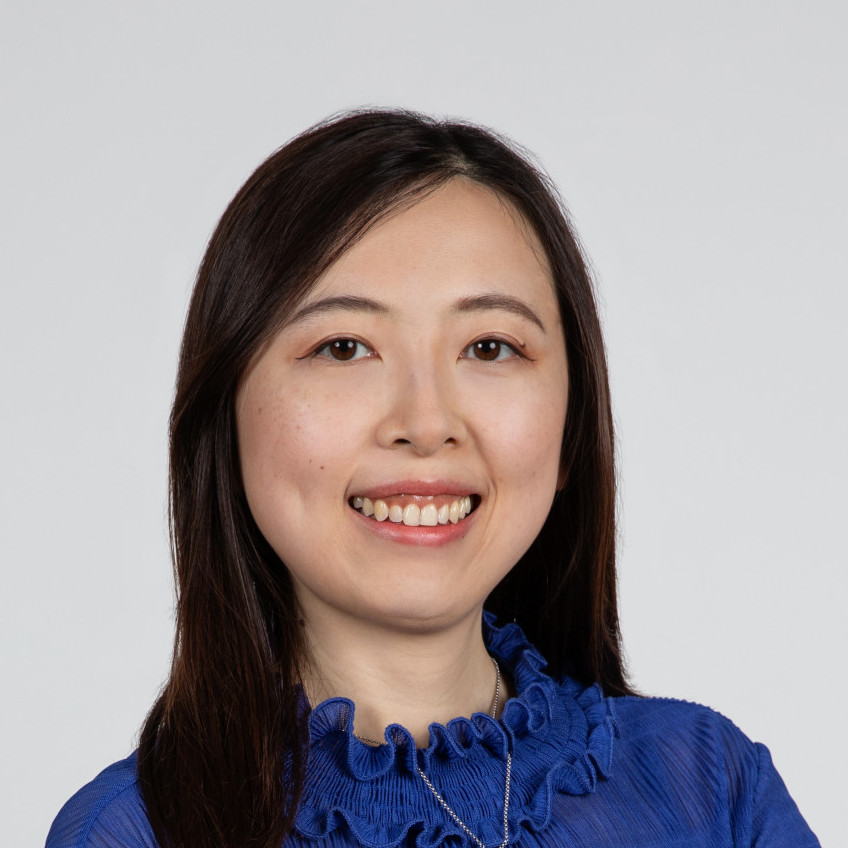
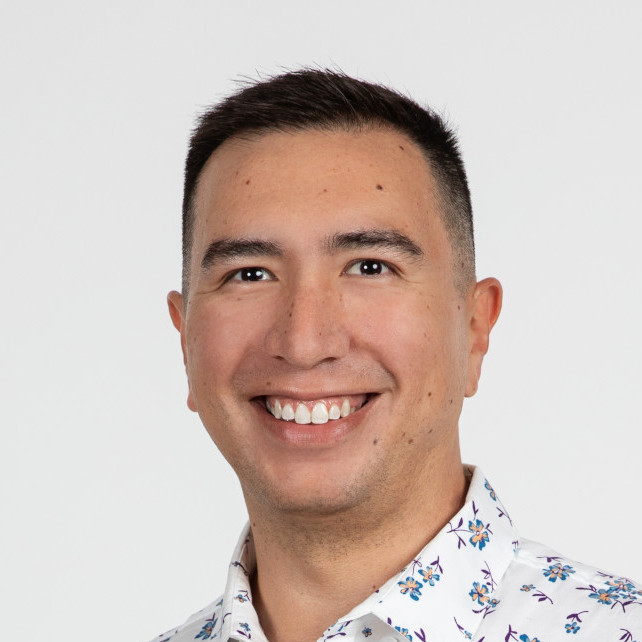
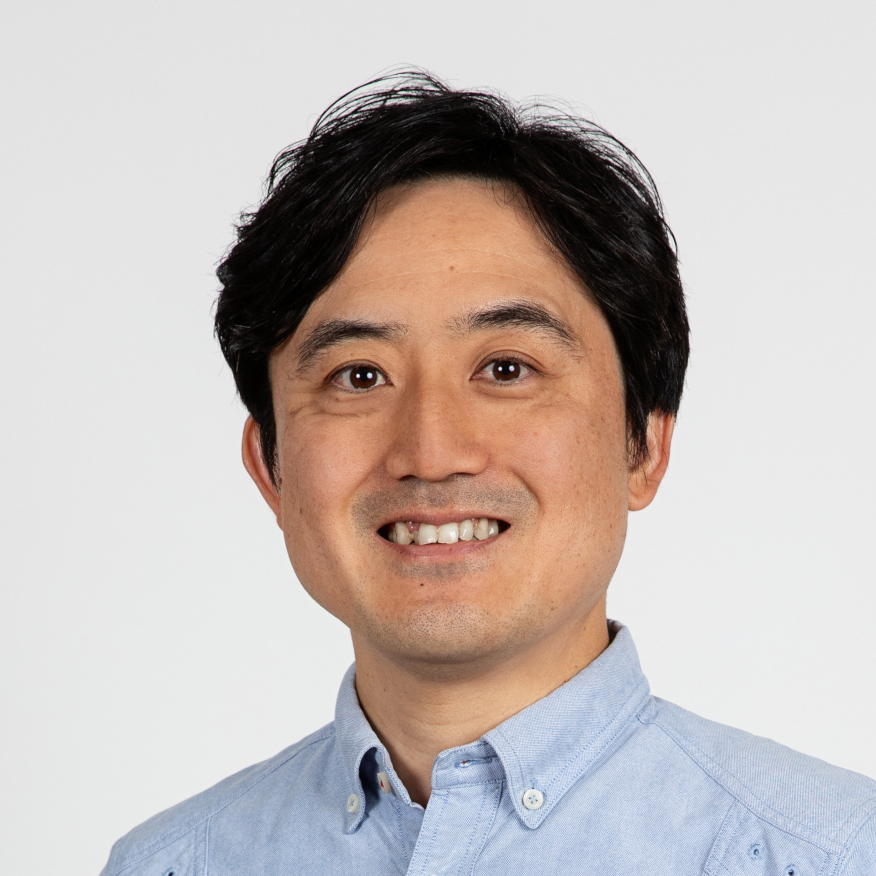
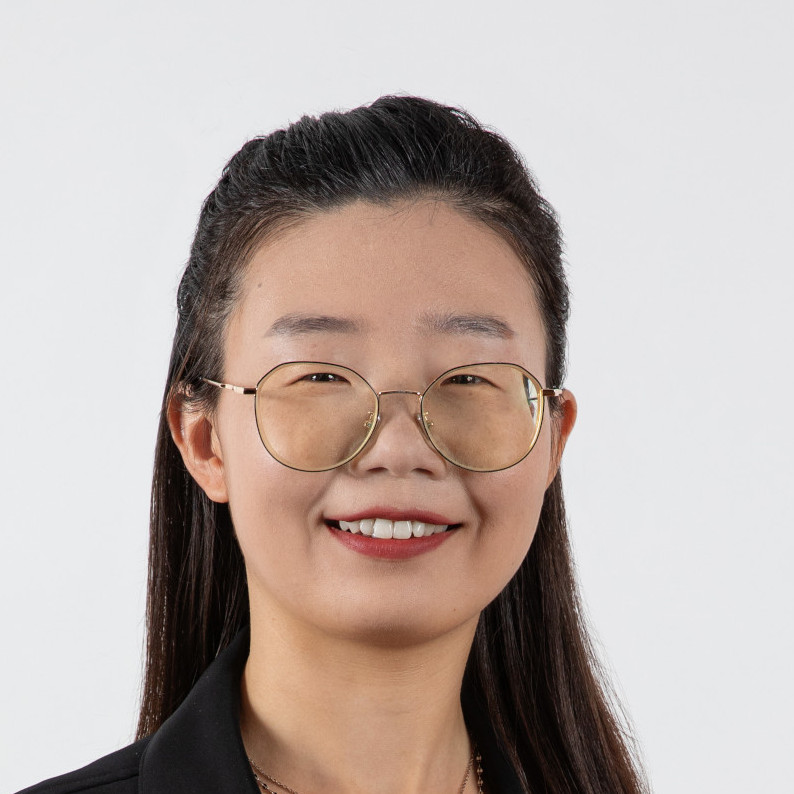

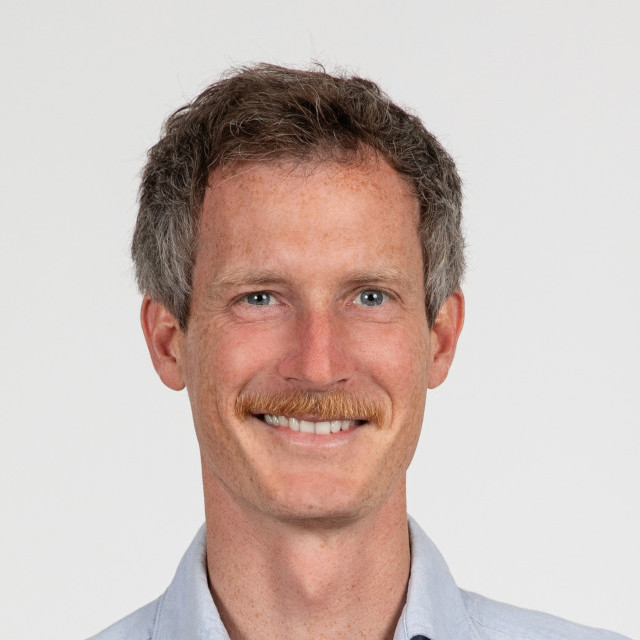
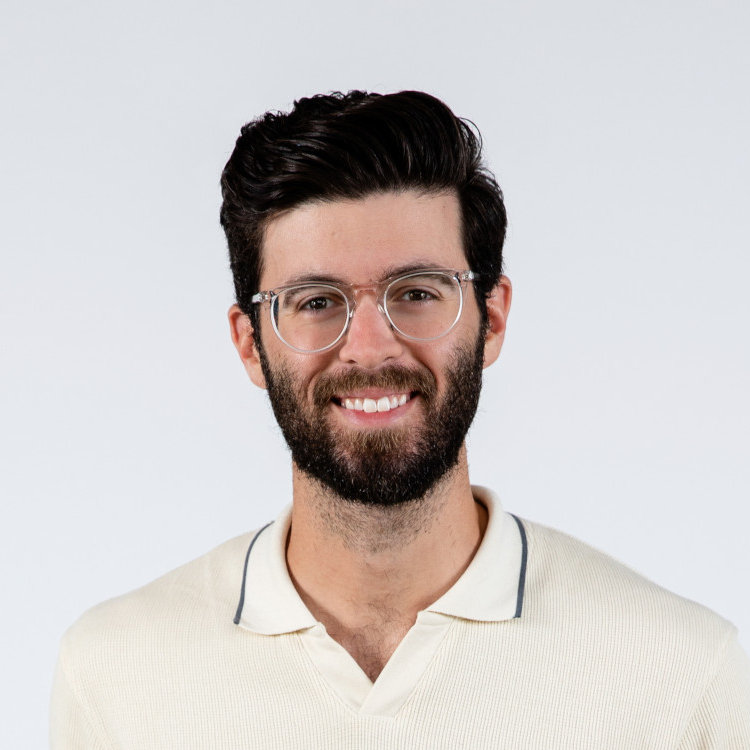
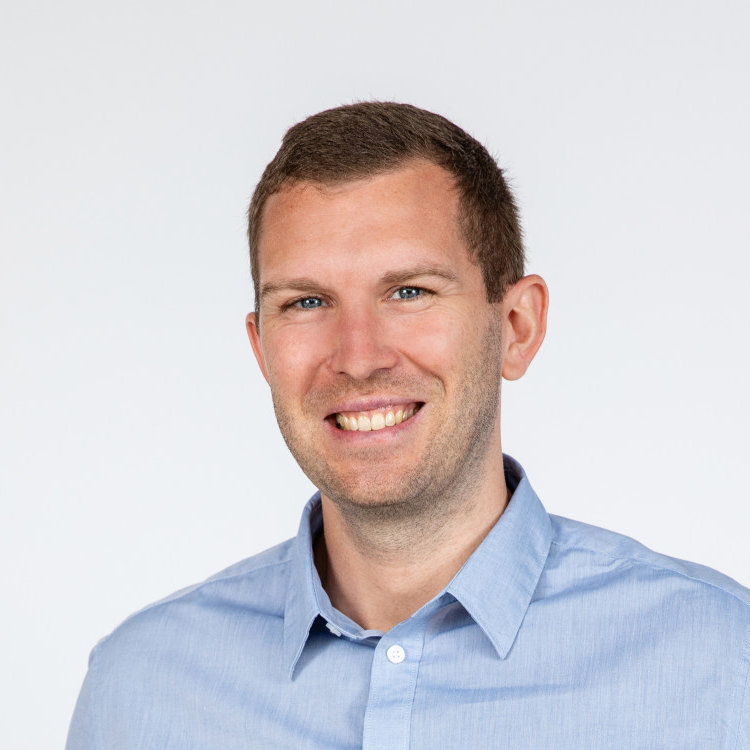
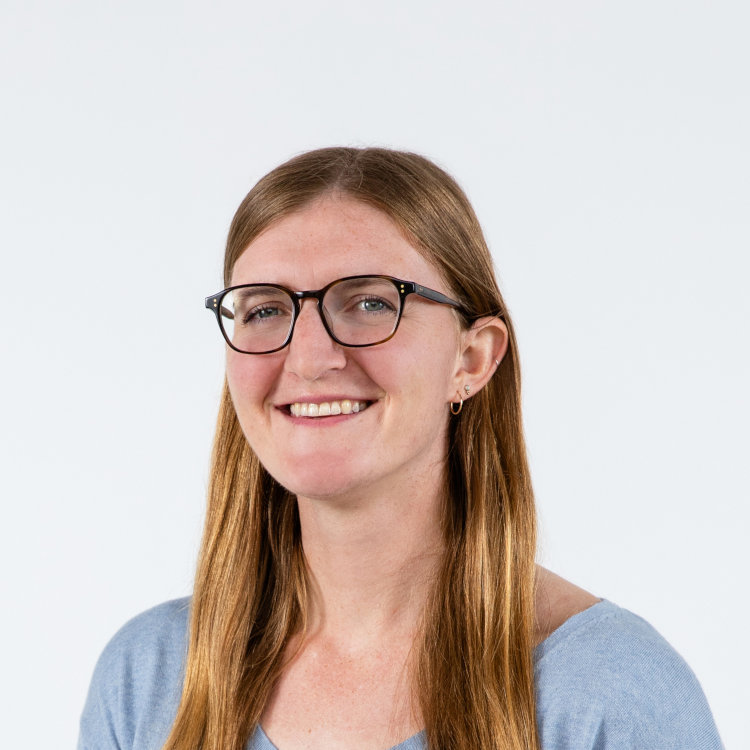
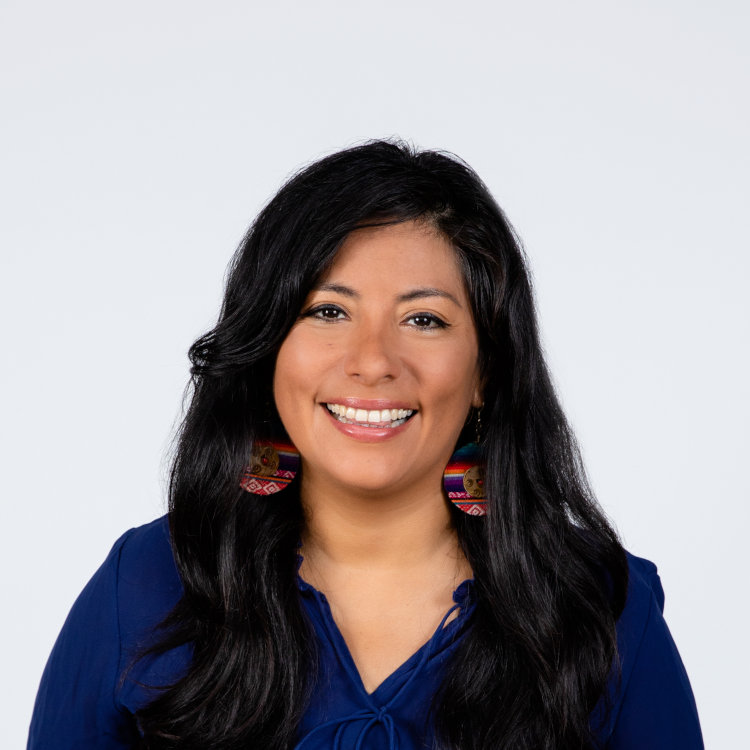
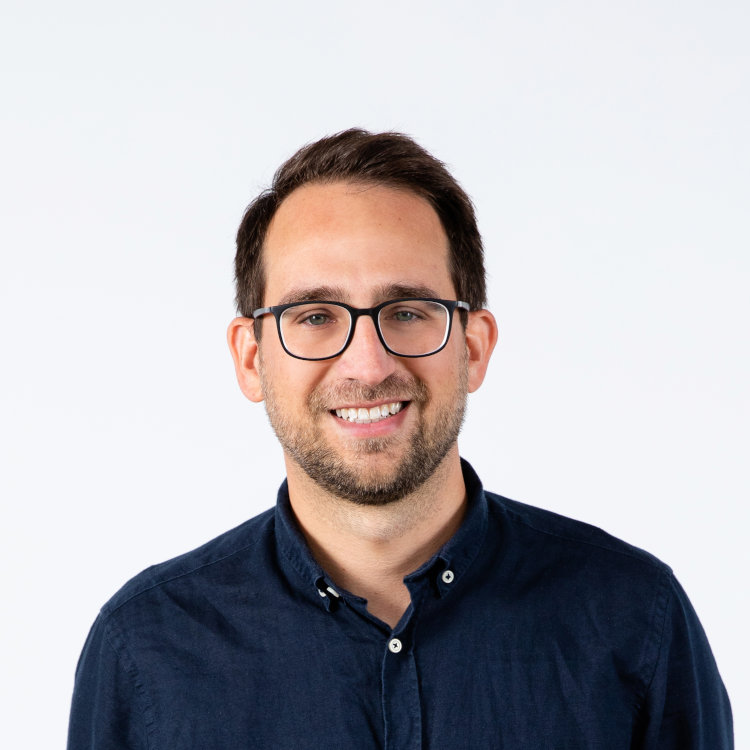
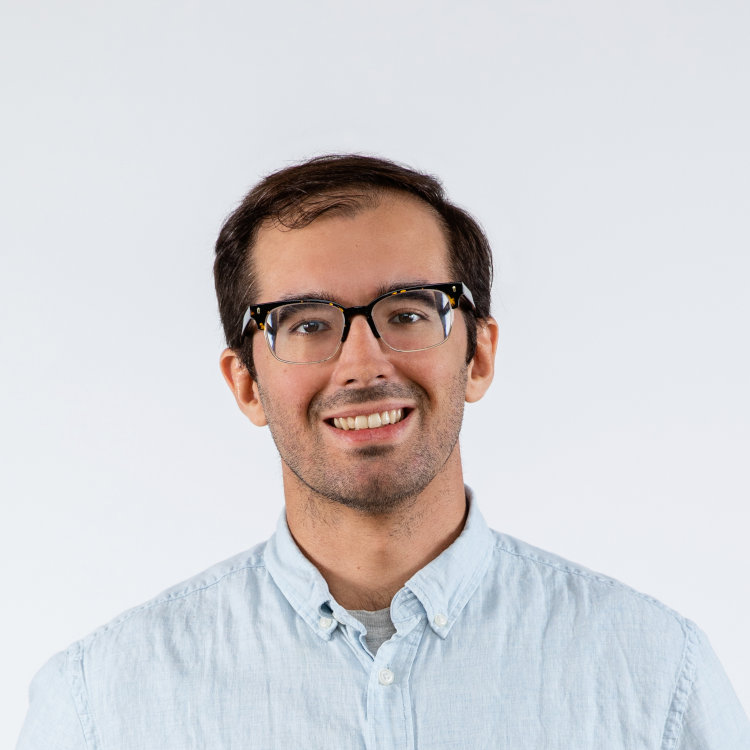


 “Securing funding in the scientific arena for young investigators is incredibly difficult — yet it’s super imperative to our career survival. So winning a SPARK Award would really motivate me to continue my pursuit of an academic career and also to contribute to new ideas around neutrophils.”
“Securing funding in the scientific arena for young investigators is incredibly difficult — yet it’s super imperative to our career survival. So winning a SPARK Award would really motivate me to continue my pursuit of an academic career and also to contribute to new ideas around neutrophils.” “I reapplied to the SPARK program this year, because I have a new scientific question about type 1 diabetes and I think this funding would help lead to that answer. In my experience, this kind of unique funding opportunity can help open a new line of research that I can then continue to follow.”
“I reapplied to the SPARK program this year, because I have a new scientific question about type 1 diabetes and I think this funding would help lead to that answer. In my experience, this kind of unique funding opportunity can help open a new line of research that I can then continue to follow.” “I believe when you choose to invest in early-career researchers, such as myself and the other SPARK finalists, you not only invest in our careers, but also our vision for a better tomorrow and a greater future for everyone. Thank you for being the citizens that the world needs today.”
“I believe when you choose to invest in early-career researchers, such as myself and the other SPARK finalists, you not only invest in our careers, but also our vision for a better tomorrow and a greater future for everyone. Thank you for being the citizens that the world needs today.” “I would like to convey my sincere thanks to all the kind SPARK donors for motivating and supporting scientists like us. You are one of the reasons that we are allowed to think out of the box and believe we can actually contribute to LJI’s vision of life without disease.”
“I would like to convey my sincere thanks to all the kind SPARK donors for motivating and supporting scientists like us. You are one of the reasons that we are allowed to think out of the box and believe we can actually contribute to LJI’s vision of life without disease.” “Our hope is that by using a newly developed model of live human pancreatic slices to unravel the complex interplay between viruses, beta cells and the immune system, we will identify the best approaches for therapeutic and preventive therapies for type 1 diabetes.”
“Our hope is that by using a newly developed model of live human pancreatic slices to unravel the complex interplay between viruses, beta cells and the immune system, we will identify the best approaches for therapeutic and preventive therapies for type 1 diabetes.” “To be able to meet donors directly who put their trust and faith in you and your work, gives you a concrete reason to invest your efforts in a project in which people trust and see the positive impact that it could bring to help tomorrow’s patient.”
“To be able to meet donors directly who put their trust and faith in you and your work, gives you a concrete reason to invest your efforts in a project in which people trust and see the positive impact that it could bring to help tomorrow’s patient.” “Winning a SPARK Award would mean a lot to me because it would mean people understand and care about my research on infectious diseases. It would also give me the experience and confidence to apply for an independent young investigator grant which is key for my future career.”
“Winning a SPARK Award would mean a lot to me because it would mean people understand and care about my research on infectious diseases. It would also give me the experience and confidence to apply for an independent young investigator grant which is key for my future career.” “I study viruses in the hopes that one day my work could help save lives. Funding through the Tullie and Rickey Families SPARK Awards Program will allow me to leverage my discoveries to design life-saving therapies against some of the world’s deadliest pathogens.”
“I study viruses in the hopes that one day my work could help save lives. Funding through the Tullie and Rickey Families SPARK Awards Program will allow me to leverage my discoveries to design life-saving therapies against some of the world’s deadliest pathogens.”
 “My experience as a SPARK finalist has inspired me to understand the true essence of my research. Winning this award will further instill confidence that my scientific ideas have the potential to make a difference and save lives.”
“My experience as a SPARK finalist has inspired me to understand the true essence of my research. Winning this award will further instill confidence that my scientific ideas have the potential to make a difference and save lives.”





 “Our proposed SPARK project will reveal how structures, rather than linear sequences, in our DNA relay information in cells. This is a process we know very little about, and this new knowledge could help lead to better therapeutic approaches to treat many different cancers.”
“Our proposed SPARK project will reveal how structures, rather than linear sequences, in our DNA relay information in cells. This is a process we know very little about, and this new knowledge could help lead to better therapeutic approaches to treat many different cancers.”



 “Clarifying how the innate immune system and cancer cells interact via super-resolution imaging will accelerate our understanding of the cancer immune response and may lead to the discovery of targets for treatments that more effectively attack cancer while causing fewer side effects.”
“Clarifying how the innate immune system and cancer cells interact via super-resolution imaging will accelerate our understanding of the cancer immune response and may lead to the discovery of targets for treatments that more effectively attack cancer while causing fewer side effects.”



 “The SPARK program has an immediate impact on the research of young scientists like me. It empowered me to pursue my own ideas and helped to create enough preliminary data to seek additional independent funding–which is critical to advancing in a scientific career.”
“The SPARK program has an immediate impact on the research of young scientists like me. It empowered me to pursue my own ideas and helped to create enough preliminary data to seek additional independent funding–which is critical to advancing in a scientific career.”
